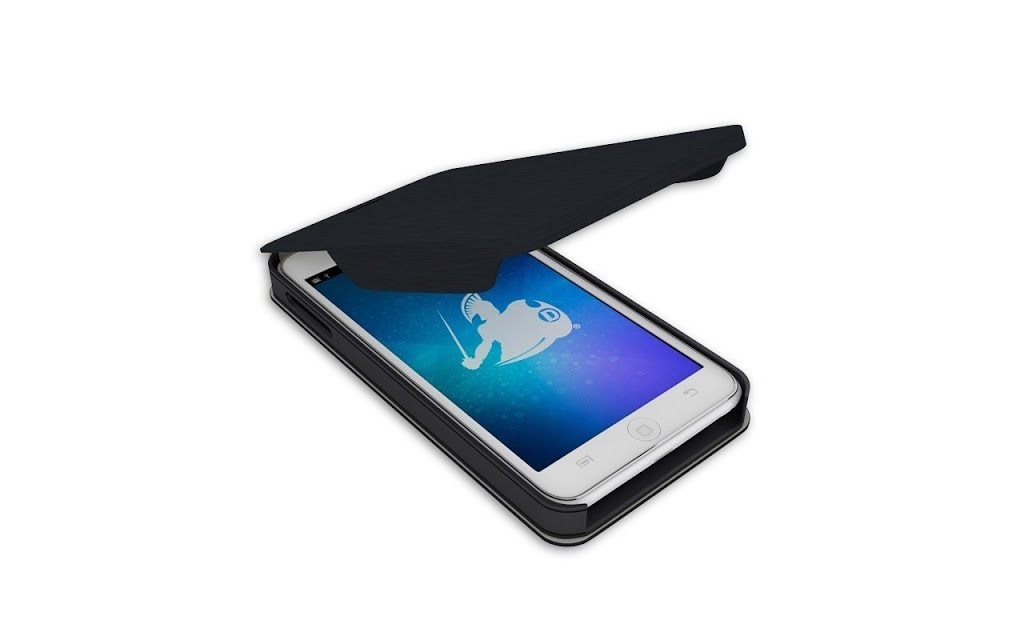Taking a Look Inside Android Oreo

Ever since its announcement, Android’s latest operating system, 8.0 Oreo, has been making waves in the industry. So far, however, only select devices have the opportunity to use it. This doesn’t mean that you can’t take the opportunity to prepare for it, though. Here are some of the most important things to know about Android 8.0 Oreo, as well as Android 8.1. But first, let’s take a look at how much Android 8.0 is currently being used.
Android 8.0 Adoption Rates
As of April 16th, 2018, Android Oreo adoption (including both version 8.0 and 8.1) was up by about 400 percent since February. On the opposite end, Android Nougat 7.0 and 7.1 saw only a 2.3 percent increase. All previous versions dropped considerably in usage. Even though most users will hold on to a device for as long as possible before upgrading, many Android devices are more actively upgrading their OS version.
Some developers have placed restrictions on devices that have downloaded the update for Oreo. If you own one of these devices, you likely have already received the update:
- Asus Zenfone 4
- Asus ZenFone 4 Pro
- Asus ZenFone 3 Max
- Asus ZenFone 3
- Blackberry KeyOne
- Blackberry Motion
- Essential PH-1
- Google Pixel
- Google Pixel XL
- Nexus 6P
- Nexus 5X
- Nokia 8
- Nokia 6
- Nokia 5
- Nokia 3
- Honor 9
- Honor 8 Pro
- Honor 7X
- HTC U11
- HTC U11 Life
- HTC U11 Plus
- HTC 10
- HTC U Ultra
- Huawei Mate 9
- Huawei P10
- Huawei P10 Plus
- Lenovo K8
- Lenovo K8 Note
- Lenovo K8 Plus
- LG V30
- Motorola Moto Z2 Force
- Motorola Moto X4
- OnePlus 5T
- OnePlus 5
- OnePlus 3
- OnePlus 3T
- Samsung Galaxy S8
- Samsung Galaxy S8 Plus
- Samsung Galaxy S8 Active (on AT&T)
- Samsung Galaxy Note 8
- Xperia XZ Premium
- Xperia XZ
- Xperia XZs
- Xperia X Performance
- Xperia X Compact
- Xperia X
- Xperia XA1 Plus
- Xperia XA1
- Xperia XA1 Ultra
- ZTE Axon 7
In addition to these devices, here are the others that have been confirmed to receive the update soon:
- Asus ZenFone 4 Selfie
- Asus ZenFone 4 Selfie Pro
- Asus ZenFone 4 Max
- Asus ZenFone 4 Max Pro
- Asus ZenFone 3 Deluxe
- Asus ZenFone 3 Laser
- Asus ZenFone 3 Zoom
- Nokia 2
- Lenovo K8
- Lenovo K8 Note
- Lenovo K8 Plus
- LG G6
- LG G5
- LG V20
- LG V30 Plus
- Motorola Moto Z
- Motorola Moto Z Droid
- Motorola Moto Z Force Droid
- Motorola Moto Z Play
- Motorola Moto Z Play Droid
- Motorola Moto Z2 Play
- Motorola Moto G4 Plus
- Motorola Moto G5
- Motorola Moto G5 Plus
- Motorola Moto G5S
- Motorola Moto G5S Plus
- Samsung S7
- Samsung Galaxy S7 Edge
- Samsung Galaxy A5 2017
- Samsung Galaxy A3 2017
- Samsung Galaxy Xcover 4
- Samsung Galaxy A8 2018
- Samsung Galaxy J3 Emerge
- Xperia Touch
What Android 8.0 Oreo Offers
Naturally, you’ll want to know why Oreo is all the rage among Android users. We’ll discuss some of the key new features that you can expect from this operating system.
Picture in Picture Mode
Android Nougat allowed users to have two applications open at once through the use of Multi-window. Oreo takes this a bit further by enabling one app with a small display to share the screen with something else.
Notification Dots
Android Oreo uses the same “badges” that previous themes provided, which will notify you regarding which apps are trying to contact you about something. You can long-press the icon to see the notification.
General Optimization and Improvement
A mobile operating system needs more tricks up its sleeve in order to get people to upgrade to it than just a couple of cool new features. Android 8.0 provides users with significant improvements in terms of security, device speed, and battery life–quality-of-life improvements that make for a better, more convenient experience. Android Oreo can also assign apps with permissions to assist users in specific instances.
The post Taking a Look Inside Android Oreo appeared first on AE Technology Group.








Recent Comments